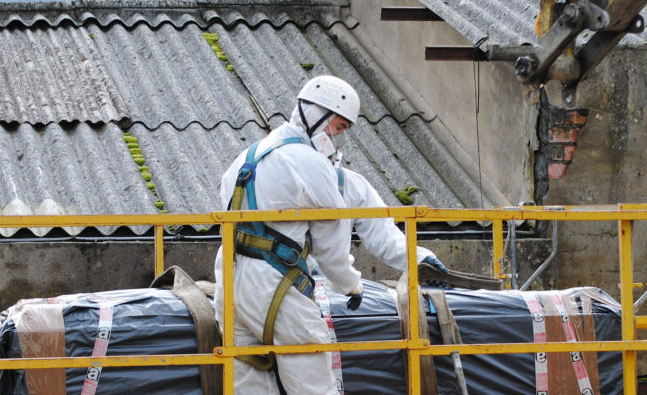
In an era of increasing environmental awareness and regulatory complexity, the role of environmental consultants has become more vital than ever. These professionals operate at the intersection of science, policy, and industry, helping organizations navigate the environmental challenges of modern development and operations. Whether it’s a real estate developer planning a new subdivision, a corporation managing industrial waste, or a government agency enforcing environmental standards, environmental consultants provide critical expertise and guidance.
What is an Environmental Consultant?
An environmental consultant is a specialist who offers advice and solutions to clients on environmental issues, compliance, and sustainability. Their work involves conducting site assessments, analyzing data, preparing reports, and ensuring that clients meet environmental laws and regulations. Their goal is to help minimize environmental damage while supporting the economic and strategic goals of their clients.
These consultants typically have backgrounds in fields such as environmental science, geology, biology, chemistry, or engineering. Many also have specialized training in environmental law or regulatory affairs.
Key Areas of Expertise
1. Environmental Site Assessments (ESAs):
Environmental consultants are often called upon to conduct Phase I and Phase II Environmental Site Assessments, which determine whether a property is contaminated or poses a risk of contamination. These assessments are crucial in real estate transactions and redevelopment projects.
2. Regulatory Compliance:
Businesses are subject to a growing number of environmental regulations related to air quality, water use, waste disposal, and emissions. Environmental consultants help clients stay compliant with these laws, avoiding fines, legal issues, and reputational damage.
3. Pollution Control and Remediation:
When contamination is found, environmental consultants design and oversee cleanup efforts. This can involve removing hazardous materials, treating polluted soil or groundwater, and implementing long-term monitoring systems.
4. Sustainability and Environmental Management Systems:
Many organizations are adopting environmental management systems (EMS) or pursuing sustainability certifications like ISO 14001. Environmental consultants help develop and implement these systems, guiding companies toward more sustainable practices.
5. Climate Change and Energy Efficiency:
With the growing urgency of climate change, consultants are also involved in carbon footprint assessments, renewable energy projects, and strategies for reducing greenhouse gas emissions.
Who Hires Environmental Consultants?
Clients span across multiple sectors, including:
-
Construction and real estate
-
Oil and gas
-
Manufacturing and industrial operations
-
Mining
-
Government and municipal agencies
-
Non-governmental organizations (NGOs)
-
Agriculture and forestry
Each of these sectors faces unique environmental challenges that require customized solutions.
The Future of Environmental Consulting
As climate concerns escalate and environmental regulations tighten worldwide, the demand for environmental consulting is poised to grow. Technological advancements—such as the use of drones, remote sensing, and data analytics—are also transforming the field, enabling consultants to provide more precise and cost-effective services.
Moreover, environmental consultants are increasingly seen not just as compliance experts, but as strategic partners who can help organizations innovate and lead in sustainability. Their role is evolving from problem-solvers to visionaries who help shape the future of how we interact with the planet.
Conclusion
Environmental consultants play a crucial role in protecting the planet while supporting responsible development and industrial activity. By combining scientific expertise with regulatory knowledge, they help bridge the gap between environmental stewardship and economic progress. In a world that’s becoming more environmentally conscious, their insights and actions are not just valuable—they’re essential.